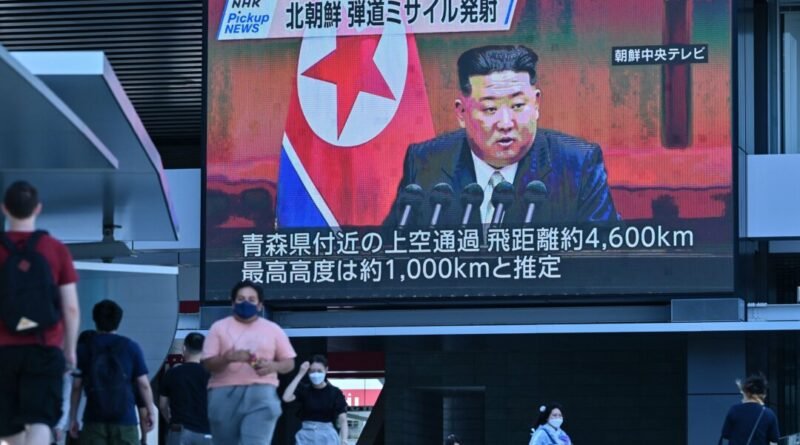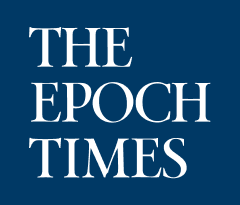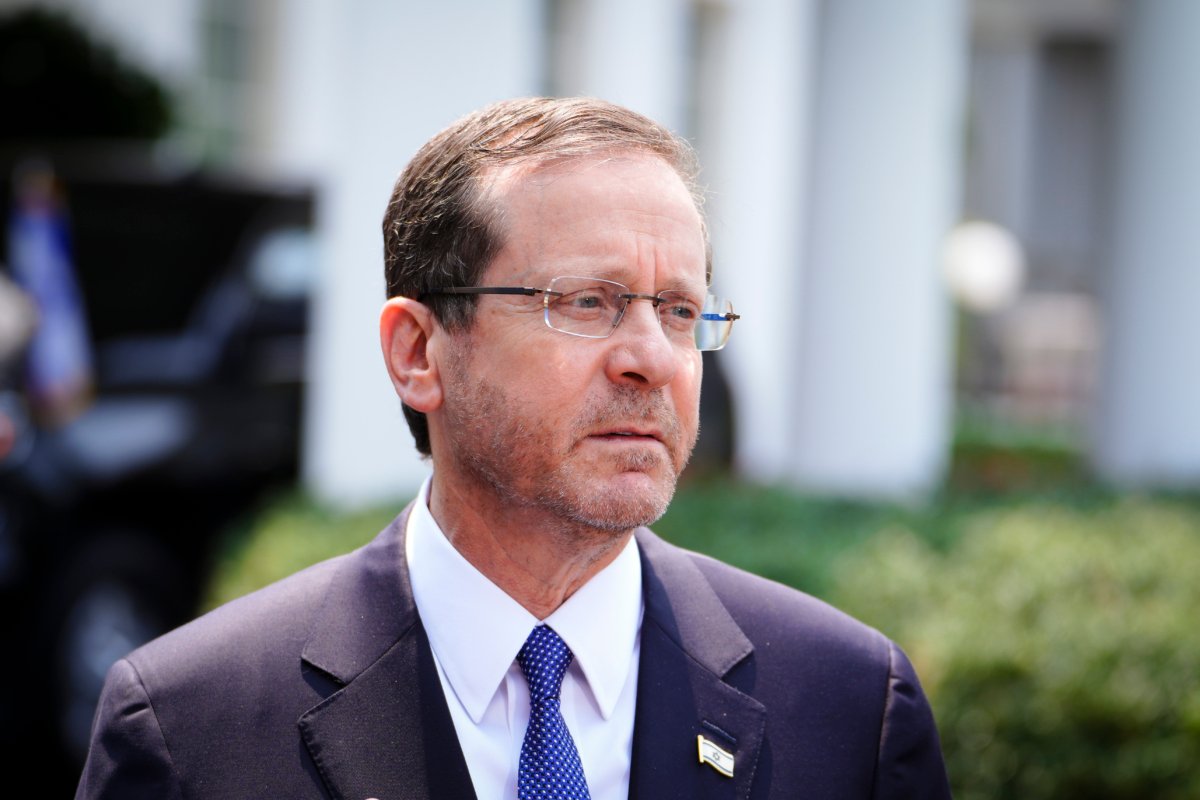Analyzing the Hereditary System of North Korea’s Kim Family
North Korea is not just a socialist regime, but rather an imperial dictatorship entrenched in a super-slavery system, according to political observers.
News Analysis
Recent developments in North Korea’s top echelon include Kim Jong-un’s teenage daughter, Kim Ju-ae, being hailed as the “top leader” by official media, leading political observers to believe that the Kim family is designating a future heir and leader of the regime.
One of the primary challenges faced by contemporary autocratic regimes, especially those of a communist nature, is the smooth transfer of ultimate power to ensure legitimacy and prevent systemic collapse and social unrest.
Is adopting a hereditary power succession model the way forward for North Korea? Can other autocratic regimes, like Communist China, follow a similar approach?
Unique Form of Governance
In an analysis on April 3, political commentator Heng He highlighted the differences between North Korea’s Kim regime and China’s CCP in terms of governance structure.
Heng explained that while China underwent the Xinhai Revolution in 1911, transitioning away from an imperial system, North Korea did not witness a similar transformation. Following Japan’s colonization of North Korea and its subsequent transition to socialism, there was no democratic process established in the country.
He also noted that North Korea no longer adheres to communist principles, having removed Marxism from its Constitution in a 1992 revision, replacing it with the ideology of the Kim family, which holds a higher status than the basic law.
“The Kim family’s revered position in North Korea is not based on communist principles,” he added.
However, despite this, the CCP continues to categorize North Korea as a socialist country, as highlighted by Shi Shan, senior editor of The Epoch Times’ Chinese edition. The CCP officially recognizes only five socialist countries globally, including Vietnam, Laos, and Cuba.
Historically, East Asian countries, influenced by beliefs in divine entities, have traditions of hereditary monarchy and dynastic succession based on divine will.
But times have changed.
Despite officially being known as the Democratic People’s Republic of Korea (DPRK), North Korea has deviated from traditional hereditary systems, which, as Heng points out, is unique as it doesn’t align with divine or democratic selection processes.
“Among socialist countries in East Asia, North Korea’s family-based power succession seems more stable than that of Communist China, where the CCP’s succession system is more fragile,” he noted.
Sacred Power of ‘Mount Paektu’
The Kim dynasty, also referred to as the Mount Paektu bloodline within the ideological discourse of the ruling Workers’ Party of Korea (WPK), represents a three-generation lineage of North Korean leadership.
Emphasizing the Mount Paektu origin of power while disregarding Marxist communist ideology holds significant historical significance among North Koreans.
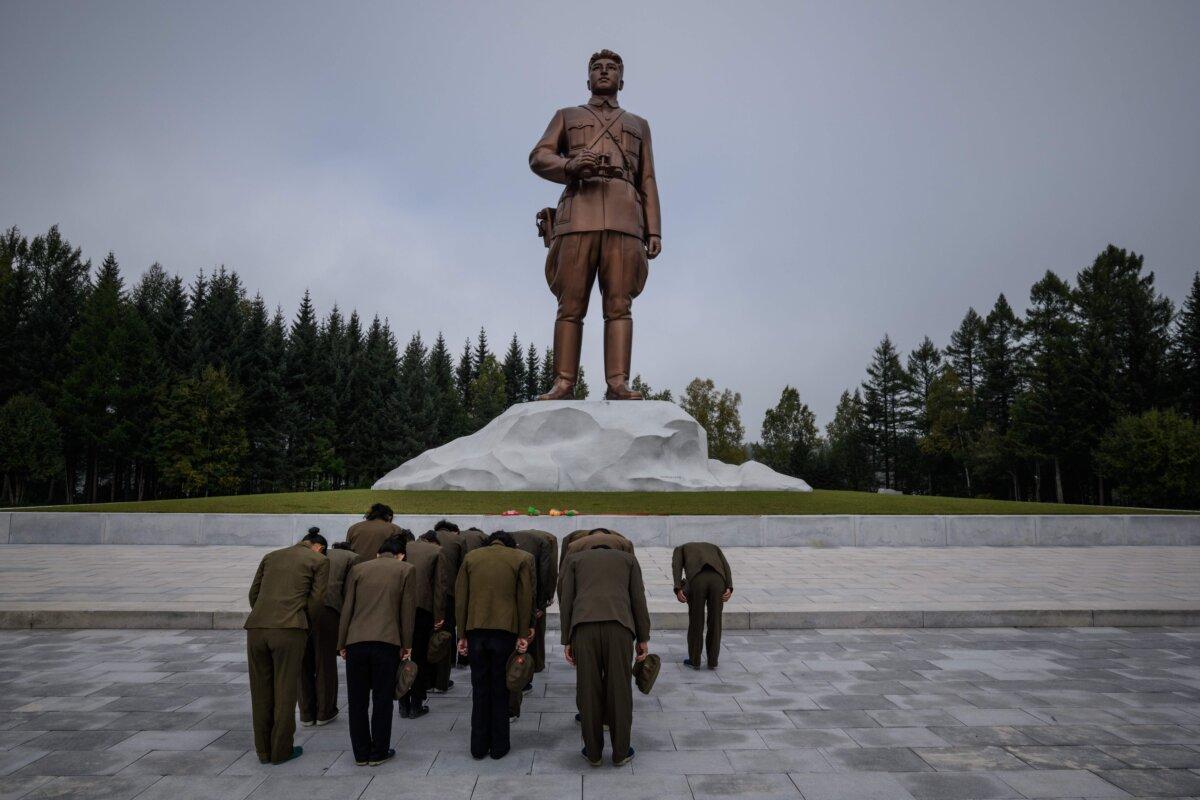
During the early 1950s, Kim Il-sung solidified his power by eliminating rival leadership factions through massacres, with more than 6,000 people killed around 1957. Mr. Heng explained, “After eliminating all opposition, [Kim Il-sung] established his power and passed it to his son without any challenges.”
Detailing Kim Il-sung’s power consolidation, he mentioned the presence of four major factions in North Korea at the time, including the pro-Soviet faction, the pro-CCP faction, the Korea Communist Party, and Kim Il-sung’s guerrilla faction.
Mount Paektu, known as Changbai Mountain in China, holds a crucial spiritual significance for Koreans, tracing back to the anti-Japanese activities of Korean guerrillas in the 1920s in China’s Changbai Mountain region, Yanbian.
Kim Jong-il, son of Kim Il-sung, was the first to introduce the Mount Paektu bloodline concept, claiming his birth at the base of Korean guerrillas at Mount Paektu in 1942. However, Kim Jong-il was born in the Soviet Union, with official reports falsely suggesting his birth at Mount Paektu.
Given Mount Paektu’s political symbolism, North Korea requested the CCP to cede control of the mountain, with over 47 percent designated to North Korea by the CCP.
New Form of Totalitarianism with Super-Slavery
Referring to the logic of authoritarian rule in North Korea, the concept of the Kim family inheriting the Mount Paektu lineage aligns with the generational power succession model seen in the CCP’s second and third generations.
Originally, the Mount Paektu lineage referred to a military group of Kim Il-sung’s close associates but later became synonymous with the Kim family itself.
To ensure a smooth transfer of power within the family, North Korea’s political rule has focused on establishing the legitimacy and legality of the future heir. This transition away from communist, Marxist, and socialist identities has transformed North Korea from a communist dictatorship to an imperial dictatorship, according to Ms. Guo.
Ms. Guo highlighted that North Korea’s prolonged isolation and closed borders are key elements in maintaining this imperial dictatorship, creating a super-slavery system where individuals lack personal freedom, ownership of property, and belong solely to the state.
She further emphasized the oppressive nature of the system, stating, “It (North Korea) is a super-slavery system. Everyone is enslaved except the one with the highest power.”
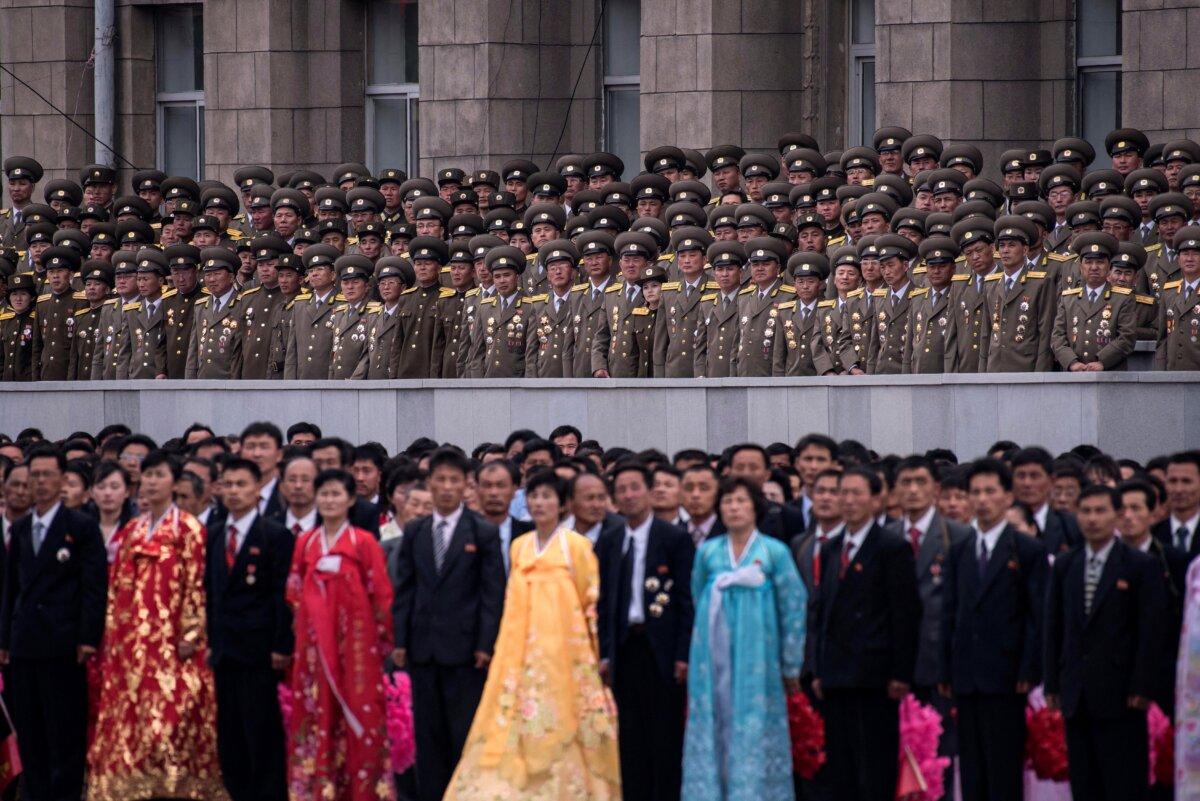
Another critical issue in North Korea is its political isolation and strict border control, where individuals face severe consequences for accessing external information. Ms. Guo highlighted cases where individuals were sentenced to death for watching South Korean dramas or listening to South Korean broadcasts.
Overall, North Korea follows a centralized system where all economic activities, resources, and even individuals are owned by the state, creating a super-slavery system where only those in power are exempt from enslavement.
Hereditary Power Challenges
While CCP leader Xi Jinping successfully secured his third term and altered traditional CCP customs, he was unable to replicate the Kim family’s hereditary power model, lacking the same level of prestige and reverence among the people.
Mr. Heng noted that the idea of passing down power to successive generations is not a guaranteed process in authoritarian regimes, citing Mao Zedong’s unsuccessful attempt to pass leadership to his son, Mao Anying, who died during a bombing raid in 1950.
While Kim Il-sung, Kim Jong-il, and Kim Jong un have been formidable leaders through three generations, Mr. Heng pointed out that the success of future generations in maintaining this power succession remains uncertain. He emphasized the fragile nature of North Korea’s system due to its republican form and the potential challenges in securing the succession within the Kim family.
The opinions expressed in this article are those of the author and do not necessarily reflect the views of The Epoch Times.

